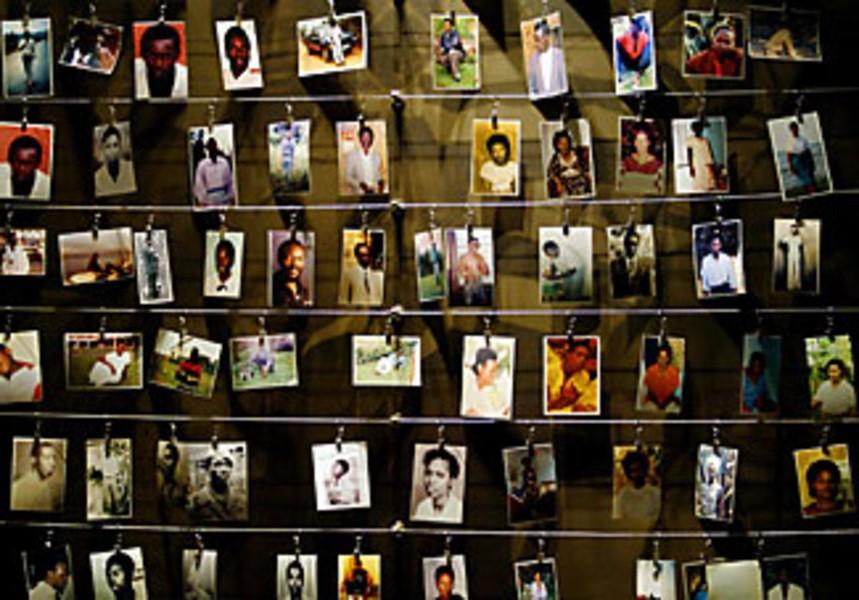Twenty-seven years after the start of the Tutsi genocide, France is opening to the important public archives of this period. These are documents from François Mitterrand and his Prime Minister at the time, Édouard Balladur.
According to a publication in the Official Journal, France opened on April 7 to the general public important archives relating to the situation in Rwanda between 1990 and 1994.
These are the archives of former President François Mitterrand as well as those of his then Prime Minister Édouard Balladur, to which a commission of historians had access to produce a report pointing out at the end of March the responsibilities of France in Rwanda over this period.
In particular diplomatic telegrams and confidential notes, several of these documents appeared in the damning report on the role of France in Rwanda between 1990 and 1994 delivered by a commission of historians at the end of March.
Paul Rusesabagina, in a pink detainee’s uniform, arrived at the Nyarugenge Court of Justice in Kigali on October 2, 2020
The Duclert report looks back at the French commitment during these four decisive years, during which the genocidal drift of the Hutu regime was put in place, leading to the tragedy of 1994: some 800,000 people, mainly Tutsis, exterminated in horrendous conditions between April and July.
They underlined François Mitterrand’s responsibility and his private staff, who regularly ignored the various warnings about the risks of genocide.
Several commemorations are planned, notably in France, to mark the 27th anniversary of the beginning of the genocide.
After a moment of meditation and laying of flowers in Paris at 10 a.m. (0800 GMT), several official speeches are to follow, and a minute’s silence is to be observed at midday.
When the Duclert report was handed over, Emmanuel Macron said he hoped for an “irreversible” rapprochement with Kigali.
Even if relations between the two countries have relaxed with the French President’s arrival in power in 2017, France’s role in Rwanda remains a volatile issue for over 25 years. It is also the subject of a violent and passionate debate between researchers, academics, and politicians.
